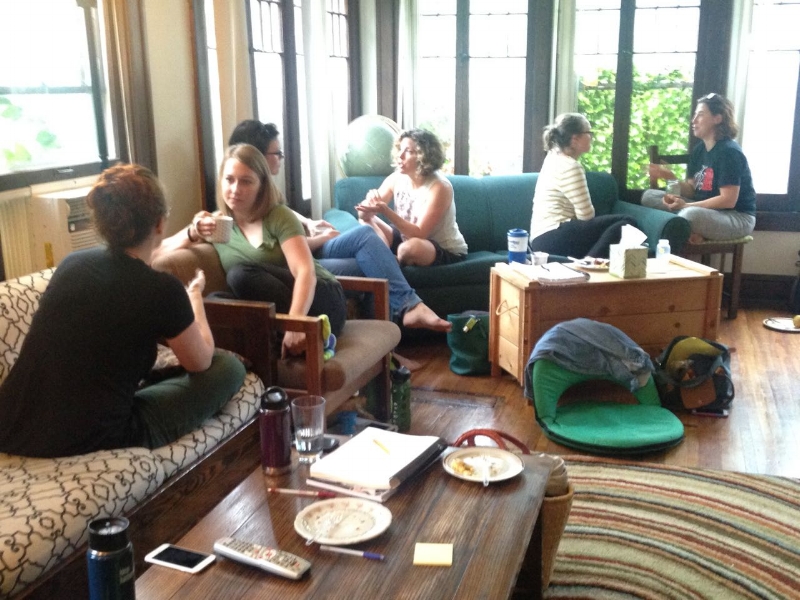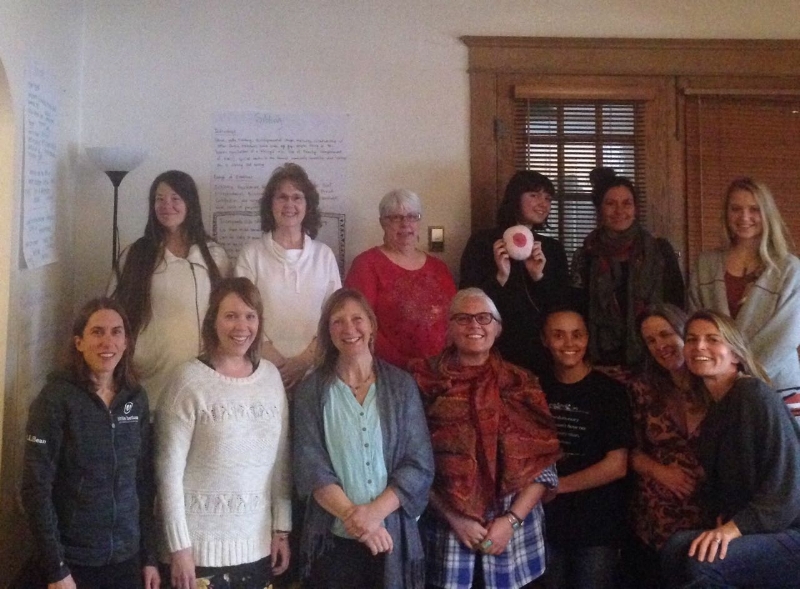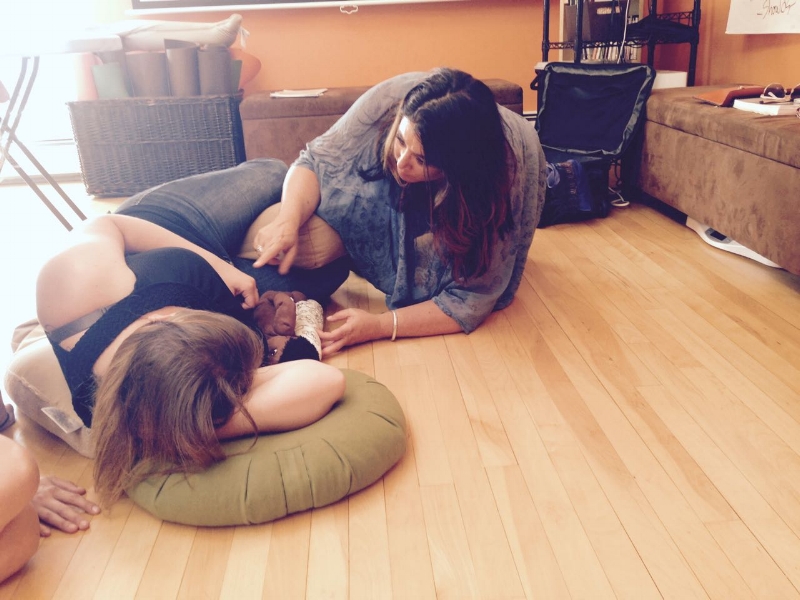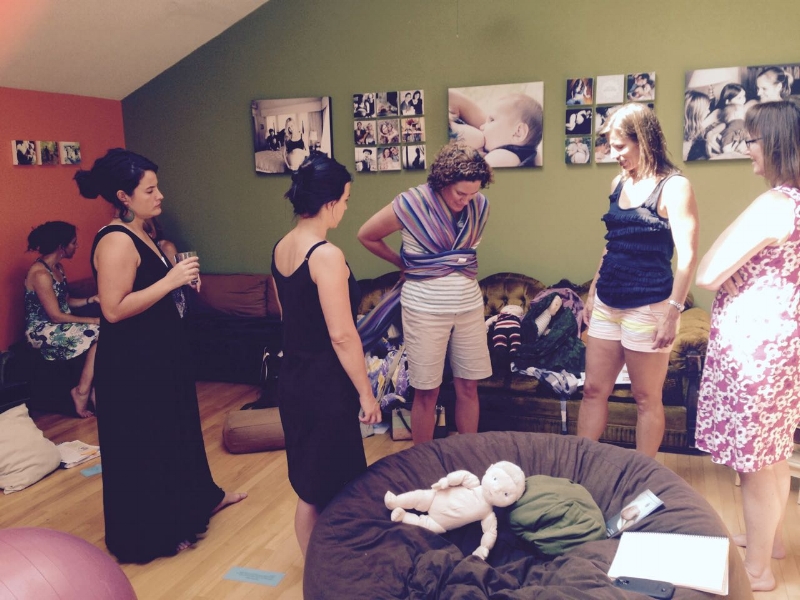Many people are unfamiliar with the role of the postpartum doula, and what the training and education of becoming a doula looks like. Today’s blog post is intended to give new parents some insights about the work involved in becoming a postpartum doula, before that person walks in the door to support their family, as well as shine some light on the process for those considering this career path.
First, and very importantly, there is no formal regulation of the doula profession. Anyone, ANYONE, can call themselves a doula. There is no licensing as there is with chiropractors, massage therapists, nurses, midwives, doctors, etc. Licensing is a State run activity. There is, however, Certification—this is run by independent organizations. Some doula organizations are non-profit, some are for profit and they each have their own trainings, certification requirements, Standards of Practice (that defines the role of the doula) and Code of Ethics—or not. Which organization a person is trained and certified through (or if they took a training at all) makes a difference. Some organizations have a stronger emphasis on supporting families, vs being child care centered, some are more focused on business development and helping new doulas make money to be successful. I am most knowledgeable about DONA International as I’ve been a member of that organization for 13 years and a Postpartum Doula Trainer through them for about 8 years. So within this blog post, I will give insight to what it takes to become a DONA International Certified Postpartum Doula.
Prior to attending the initial training workshop, student doulas must read three books outlining the basics of the postpartum time. The workshop itself is a minimum of 27 hours of instruction (although mine is a bit longer than this, with four full days of instruction). DONA dictates the teaching objectives and minimum time on topic for 15 topics, including breastfeeding, role of the doula, loss & grief, the newborn and the doula, postpartum physical recovery, perinatal mood and anxiety disorders, values, and more. In some ways, we really spend quite a bit of time in this initial training—as much as a 3 credit college course. In many ways though I feel my students are just getting an introduction to the work of being a postpartum doula.
Following the workshop there are a number of additional steps to becoming a DONA Certified Postpartum Doula. Many people do not go on to become a certified. I’ve heard many reasons for this over the years, but let me tell you why I think it is important to be certified and why I insist that all of the doulas associated with Calm & Confident Doula Care are either certified, or working towards certification. The additional steps show commitment, professionalism and integrity as well as deepening the knowledge of the doula.
As the newly trained doula works through the certification requirements they deepen their knowledge and experience. There is additional training in breastfeeding and business skills, as well as reading in ten topic areas. Additionally, the doula will develop a resource list for referrals for clients and document (and get evaluations for) working with at least three families. The doula must also complete an essay on the purpose and value of postpartum support, as well as signing a commitment to abide by the DONA Standards of Practice and Code of Ethics. This last piece requires some self reflection by the doula about what this work means to them and how they provide postpartum support. Signing on to the Standards of Practice and Code Ethics really requires that the doula commit themselves staying within the bounds of their role, knowing that well and conducting themselves in an ethical, professional and responsible manner.
This is serious work we do as doulas—helping people at one of the most vulnerable and tender times in their life, through the challenges of early parenting. That first night home from the hospital, cracked, sore nipples, anxiety that threatens to take over everything, fussy babies, sleepless nights. There’s a lot we can do as postpartum doulas to make a difference in how smoothly this time goes. The training, education and commitment a person has to this work makes a difference in how well they can provide that support.
Are you interested in hiring a postpartum doula to support you? Meet the Calm & Confident Team.
Are you considering taking one of Melinda's Postpartum Doula Trainings? See what trainings she has coming up. In Seattle, you can find Melinda teaching at the Simkin Center for Allied Birth Vocations at Bastyr University. You can also contact Melinda directly about bringing a workshop to your town. She loves to teach and she loves to travel!






